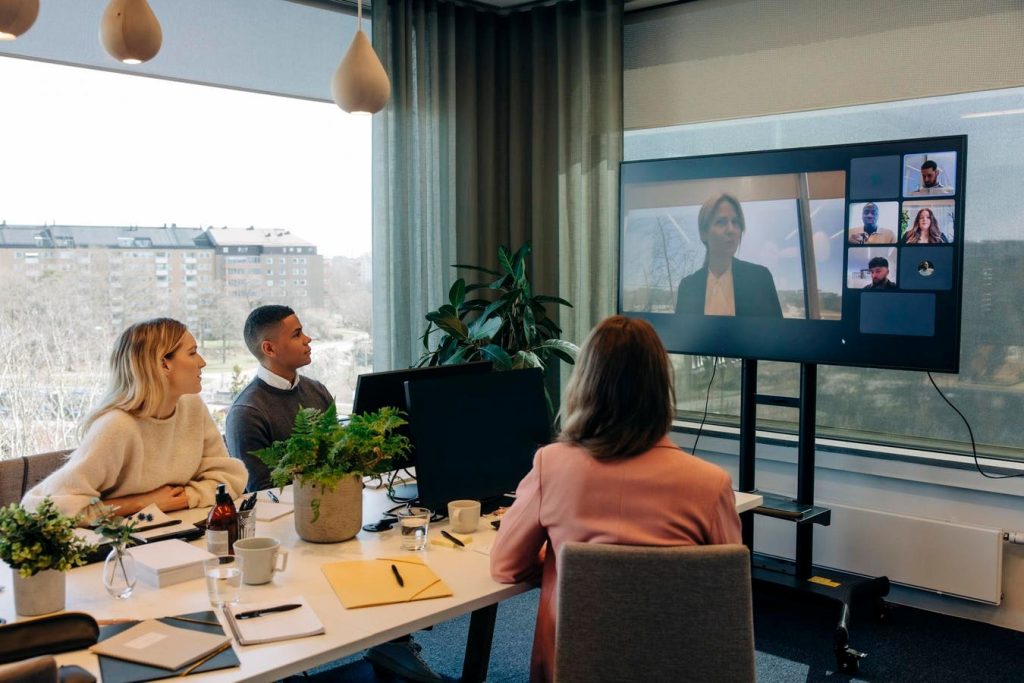Duane Tursi, CEO of Ascension Group International, discusses the impact of the surge in digital nomadism in the post-pandemic world, which has transformed workplace dynamics. While remote work offers flexibility and increased productivity for many employees according to research, it also presents challenges for leaders in maintaining a high-performance culture. Tursi emphasizes the need for adapting leadership strategies, leveraging technology, and fostering trust and accountability to navigate this evolving landscape while considering the needs of employees working from physical locations.
Employers and employees have differing perspectives on remote work, with employees seeking flexibility and claiming higher productivity, while employers struggle with trust and productivity concerns. Ascension Group has a hybrid workforce with both in-office and remote employees, requiring a shift from managing activity to managing processes and leading people to maintain productivity. Acknowledging the reality of essential workers who cannot work remotely, Tursi emphasizes addressing their unique challenges to ensure job satisfaction, performance, and well-being.
To enhance productivity and maintain high performance in a mixed work environment, leaders should implement strategies such as setting clear goals, offering necessary resources and support, providing time management training, and fostering open communication. Collaboration on goal-setting, breaking down goals into manageable steps, and providing support have led to positive outcomes for Ascension Group. Embracing flexibility with purpose and leveraging technology for enhanced collaboration are also crucial in adapting to remote work dynamics.
Tursi advises leaders to view “work from anywhere” as a strategic advantage and to prioritize outcomes over the number of hours worked by embracing agile methodologies and encouraging autonomy within the workforce. Technology plays a vital role in enabling remote work, with robust collaboration tools and digital literacy training essential for effective virtual communication and project management. Cultivating trust and accountability, setting clear expectations, and establishing feedback mechanisms are key to maintaining a high-performance culture in a remote work setting.
Maintaining a connected culture through virtual team-building activities, opportunities for in-person interactions, and acknowledging individual contributions is vital for sustaining a positive work environment, fostering engagement, and driving performance. By adjusting to the changes brought by the rise of digital nomad culture, companies can capitalize on opportunities, achieve exceptional results, and create a thriving organizational culture in the digital age. Forbes Business Council is highlighted as a growth and networking organization for business owners and leaders. Tursi’s insights provide valuable guidance for organizations navigating the challenges and opportunities of remote work.













